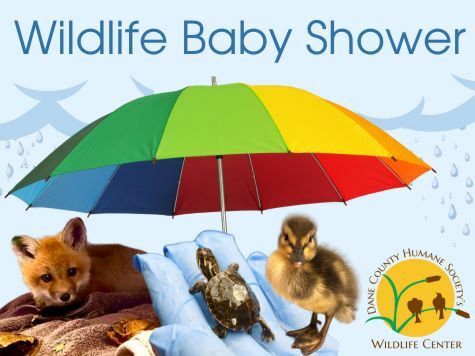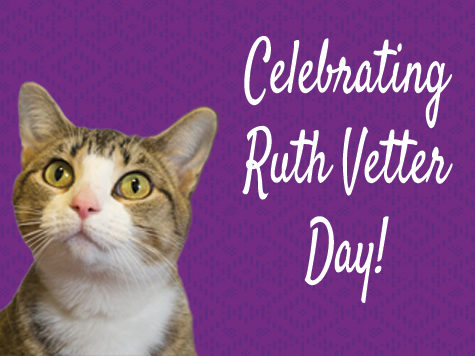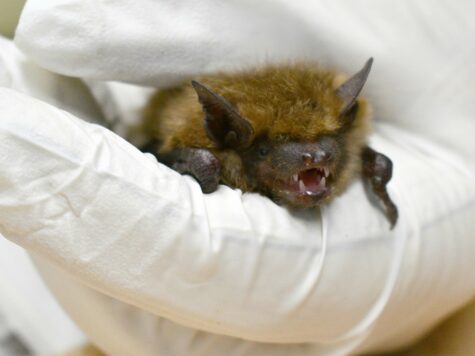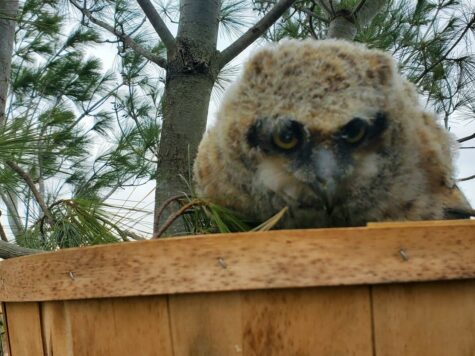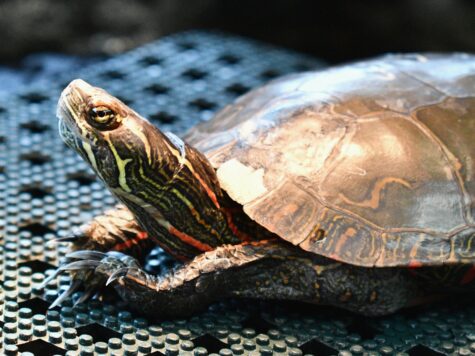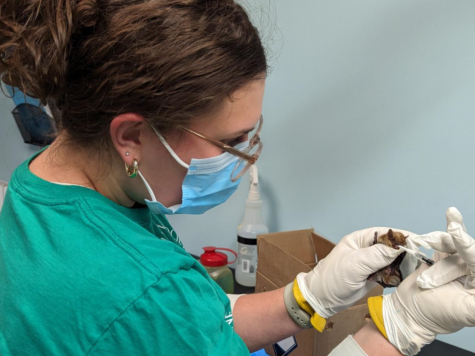Spring kicks off the busiest time of year for DCHS's Wildlife Center: wildlife baby season. Read about some of the patients we've admitted so far and learn how you can help with their rehabilitation.
Dane County Humane Society’s Wildlife Center staff, interns, and volunteers formally invite members of the public to participate in our Annual Spring Baby Shower Event occurring April 13th to 19th, 2024. Each year, our wildlife rehabilitation program admits hundreds of orphaned animals from baby songbirds to ducklings, owlets, fox kits, and more! It takes a team of people working together and countless resources to perform the life-saving work that we do. Thousands of patients are admitted to DCHS’s Wildlife Center each year, and hundreds of hungry babies in our volume of intakes makes it even more strenuous to perform.
Young animals have started to arrive as of February, and we ask you to consider donating towards our program in any way that you can, large or small. Wildlife is a public resource in the state of Wisconsin, shared by all of us to admire and appreciate. Our private, 501(c)3 non-profit organization receives no state or federal funding to support our wildlife rehabilitation efforts. All of our work is supported 100% by donations from community members like YOU. We believe our work is vital in the community because we help individual wild animals that are admitted sick, injured, or displaced from their parents, and we know that our efforts positively contribute to wildlife populations and conservation biology here at the local level. The services that we can provide are specialized, complex, and professional, and it is necessary to give wildlife a safe space to recover after a traumatic experience.
Join us each day on Facebook to learn more about a type of patient or wildlife species that our licensed rehabilitators will care for all season-long at DCHS's Wildlife Center. To help, you can shop our wish list at any Mounds Pet Food Warehouse location and on Amazon or consider providing a monetary donation by going to our website or mailing in a check (made payable to DCHS with Wildlife Baby Shower in the memo) to 5132 Voges Road, Madison, WI 53718. Our team is also available to accept in-person donations of items we may need, such as paper towels, sponges and scrub brushes, bottles of bleach, and so much more. Members of the public can drop off supplies at our doors between 9:00 am and 5:00 pm daily all next week, or whenever you feel the need to give back to an organization in your community! Thank you for your continual support, and enjoy a few highlights of the baby animals we’ve admitted so far this year:
1. Five Great Horned Owlets have already successfully been re-united back to the care of their parents:
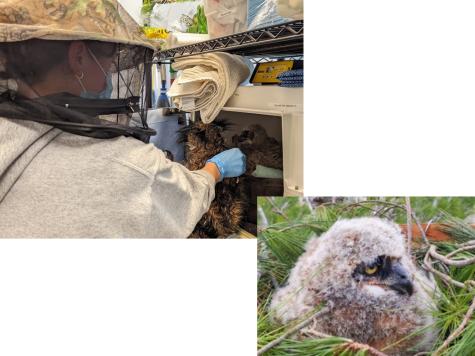
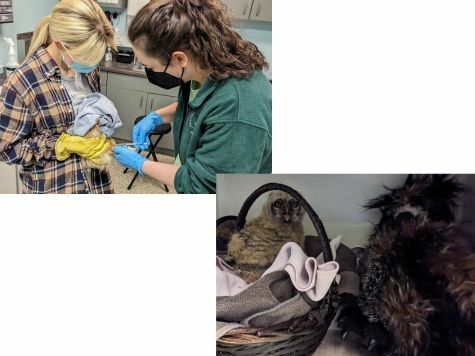
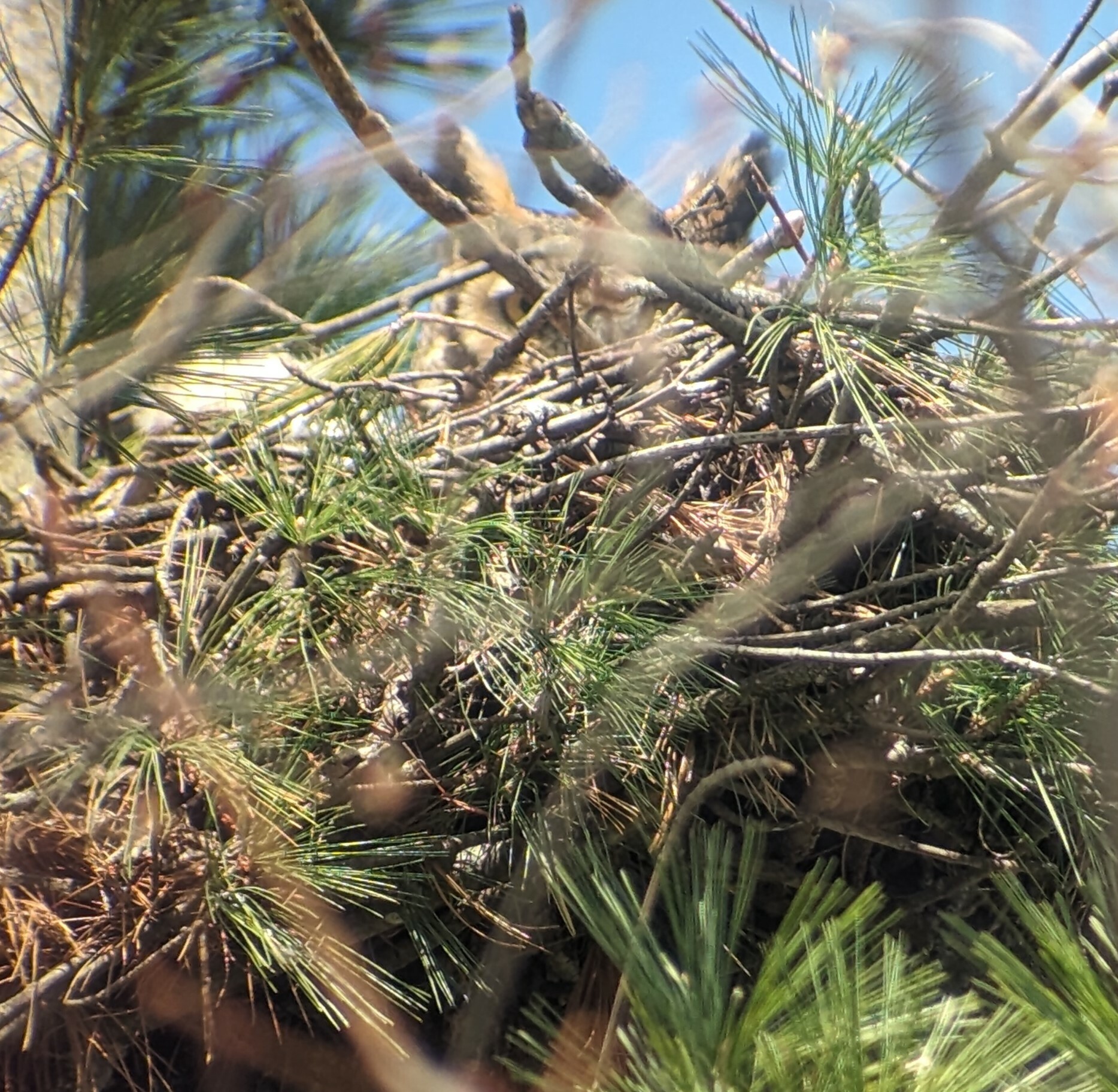
Click here to read more about the Great Horned Owlets we've worked with so far this season.
2. Another baby animal recently admitted to DCHS's Wildlife Center is this fox kit that was found as an orphan along with a deceased sibling. The kit is being treated for mange.
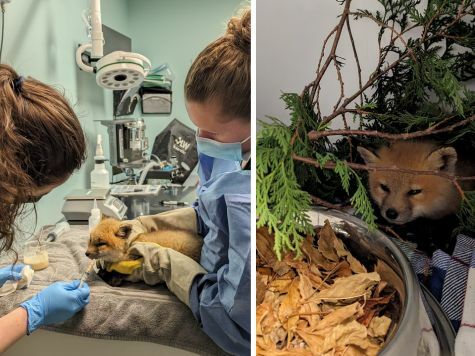
3. Infant eastern gray squirrels #24-0184 to 87 unknowingly transported across state lines from Minnesota to Wisconsin in a nest built in a car's engine (they survived)! After they were discovered, they were admitted to DCHS's Wildlife Center, where they received fluid support, heat, and examinations. These squirrels have since been transferred to Wisconsin WildCare for continued rehabilitation.
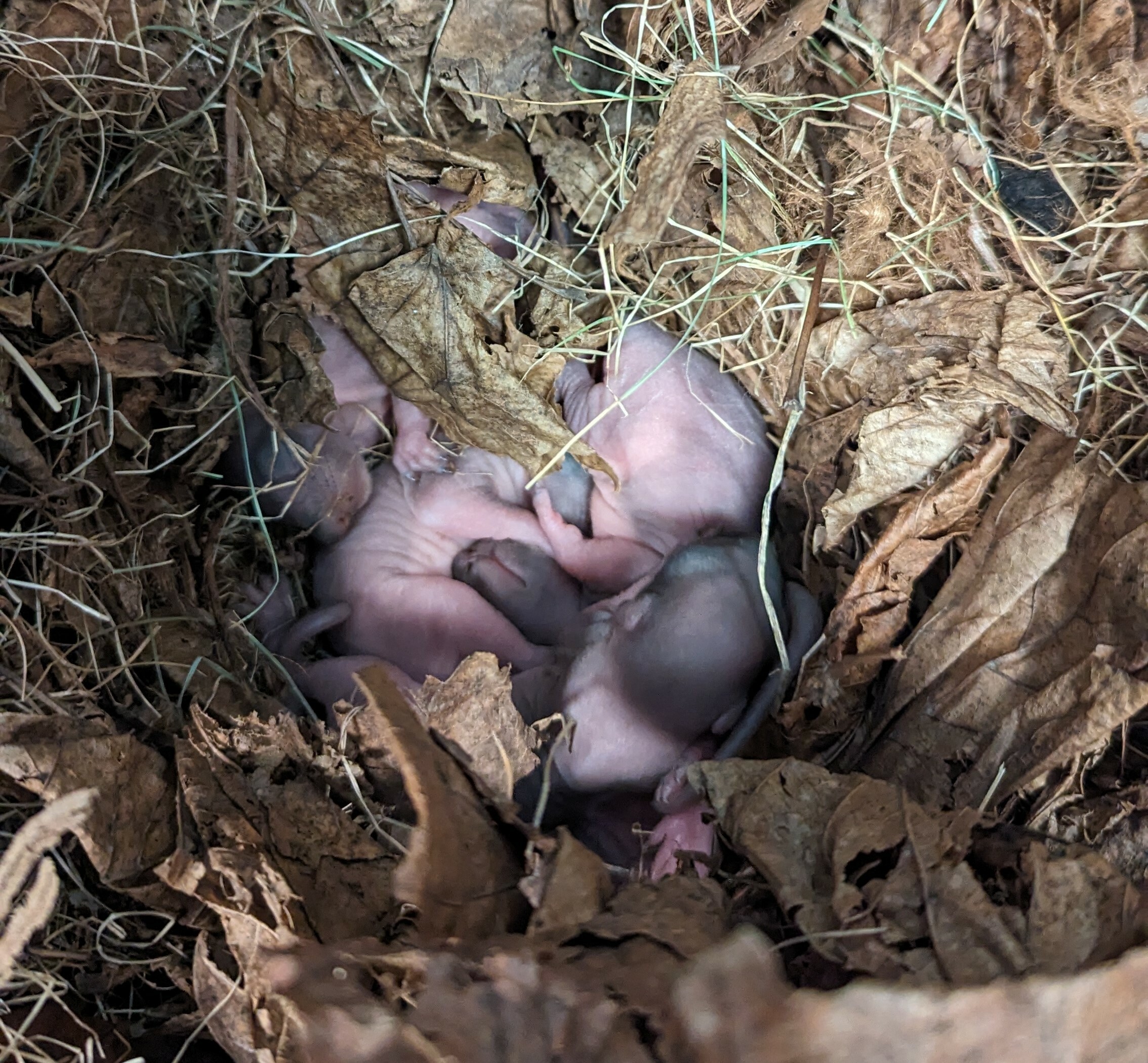
4. DCHS's Wildlife Center also recently admitted a juvenile beaver, #24-0234, who is suffering from a tail luxation/fractures.
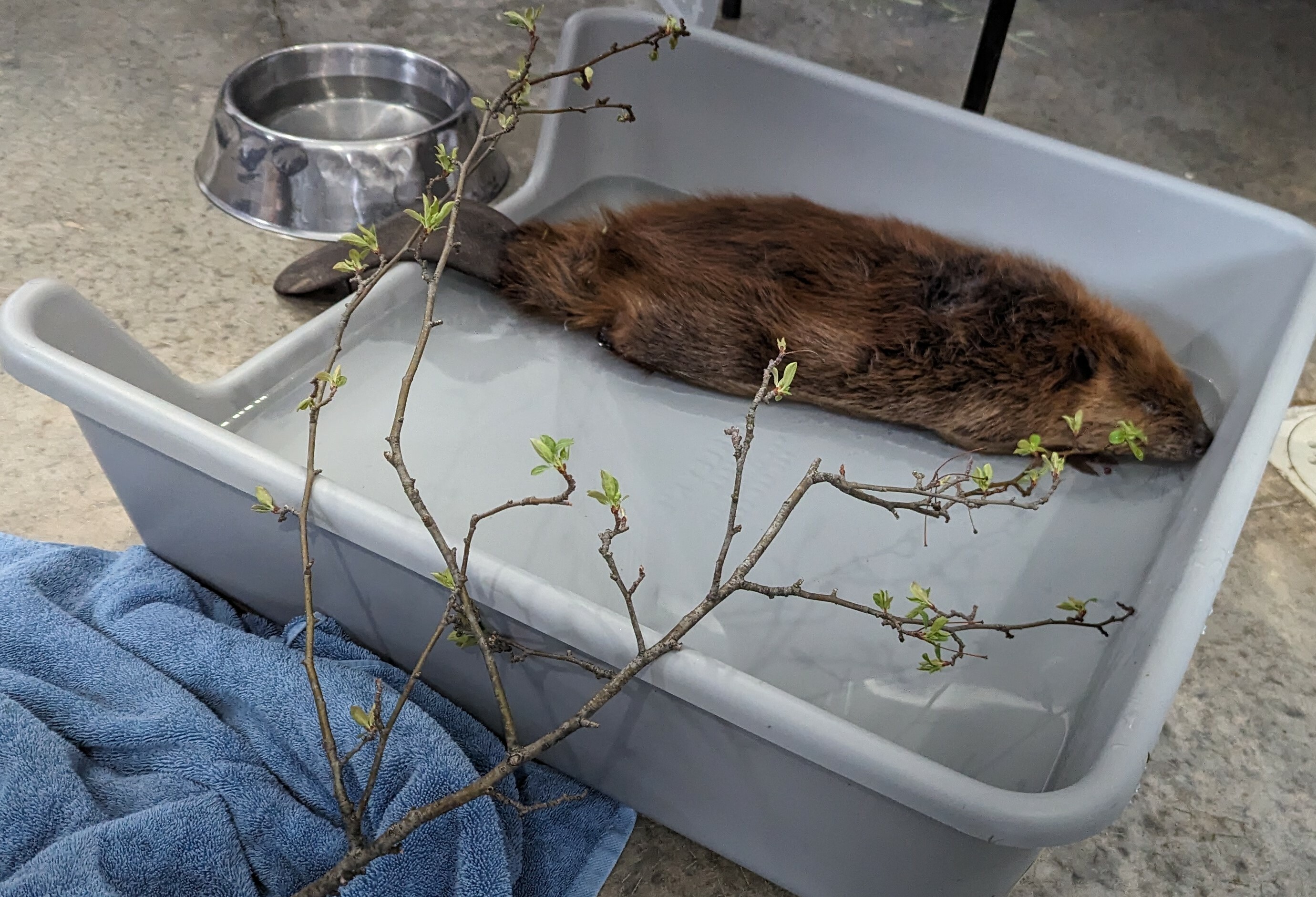
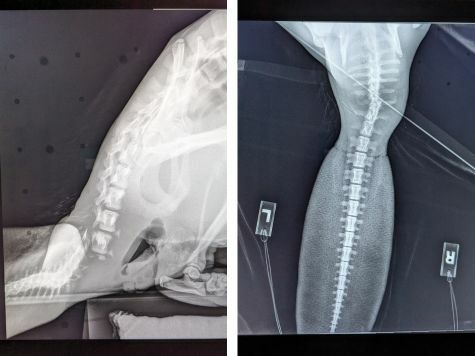
Jackie Sandberg is the Wildlife Program Manager at DCHS's Wildlife Center.
